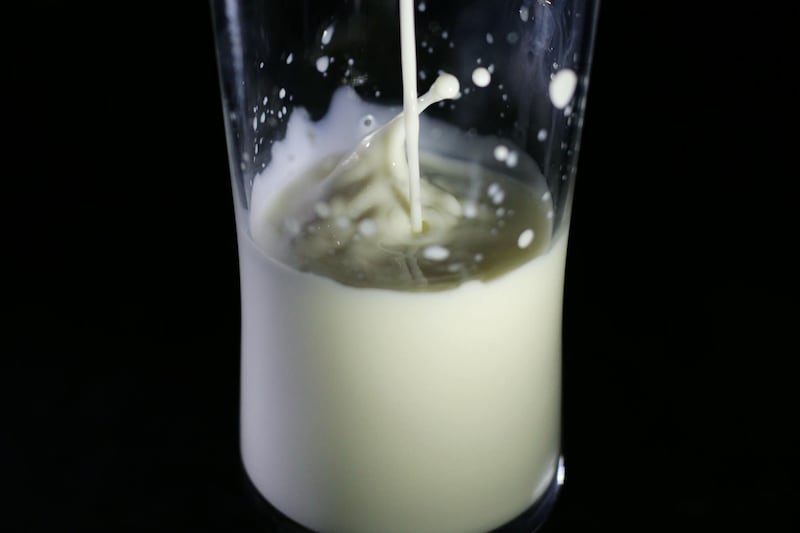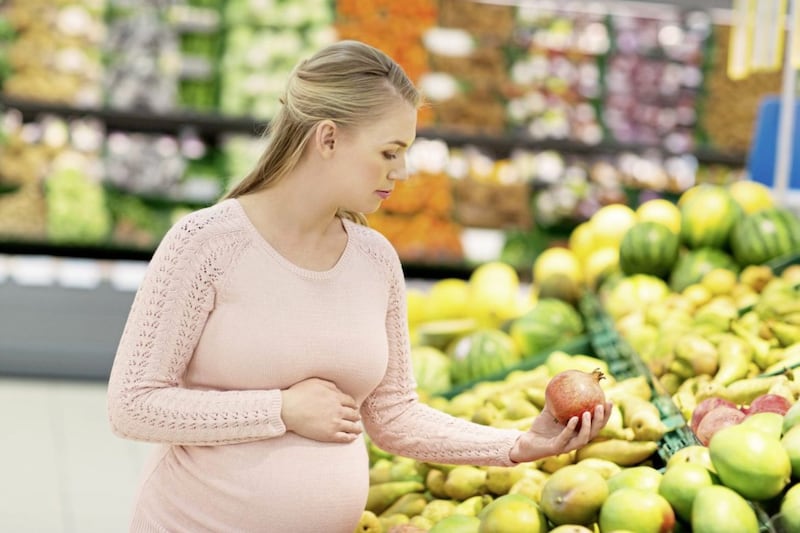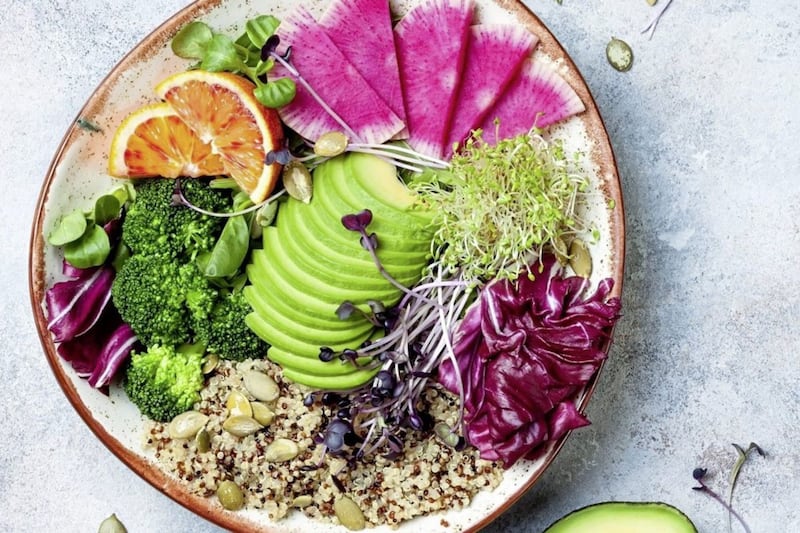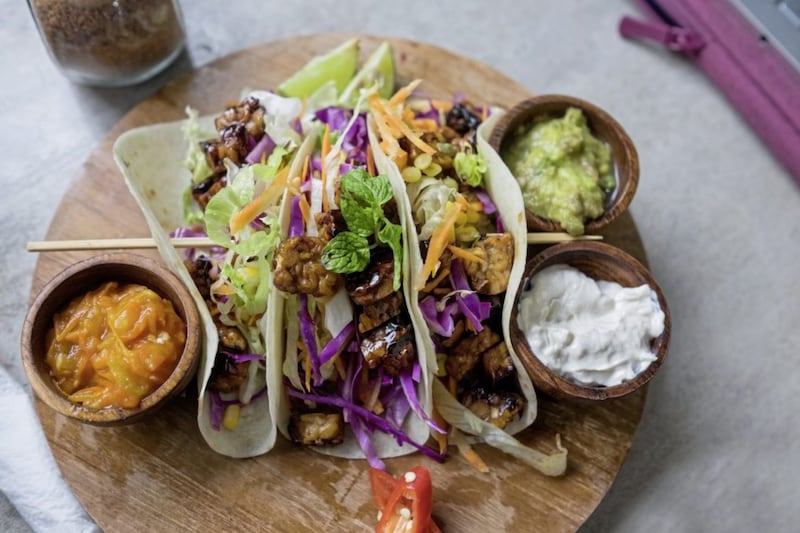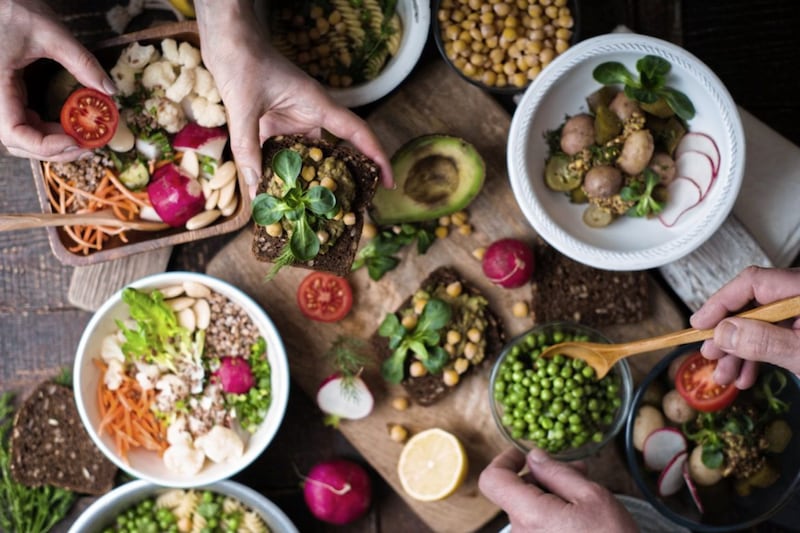2018 HAS been the year of the plant-based diet and the trend for veganism is on the up. With concerns over the environment, animal welfare and health, and supermarkets and major retailers offering new products to support a plant-based diet, more people are switching to the vegan way of life, at least a few days every week.
:: What is it?
A vegan diet excludes all foods of animal origin, including dairy products, eggs, meat and fish. While a vegan diet used to be seen as something for hemp-wearing hippies, it has been thrown into the spotlight thanks to the interests of celebrities such as Beyonce and Benedict Cumberbatch taking it to the top of social media trends in health and wellness.
Food producers have upped their game with offerings like coconut ice cream, ‘shroomdogs and smokey barbecue pulled veggies, making it much easier to build vegan alternatives into any lifestyle.
:: Is it healthy?
A recent analysis of vegetarian and vegan diets reported that a more plant-based diet reduced risk of developing heart disease and cancer, but is unlikely to make you live longer. Of course it could be that the people who chose to follow a more plant-based diet were already more interested in health, and there could be other lifestyle factors involved.
Like any diet, a vegan diet can be a healthy choice, packed with healthful, nourishing foods, or it can be a rubbish choice, packed with unhealthy, processed, refined junk food. It’s all down to individual choice.
:: Any deficiencies?
There are a few nutrients that are harder to get from a wholly plant-based diet, in particular calcium, iron, B12 and omega 3 fats.
Calcium: Calcium is just one of the nutrients we need for strong, healthy bones and one of the best sources is dairy products, so if you are eating a vegan diet it needs a little more focus to make sure you are getting enough. Good sources include calcium-set tofu, calcium-fortified milk and yoghurt alternatives, sesame seeds and tahini and dark green leafy vegetables.
Iron: Plant-based sources of iron, also known as non-haem iron, are pulses, dark green leafy vegetables, nuts and dried fruits such as apricots, prunes and figs. Cereals and wholemeal bread can be fortified with iron but it may not be particularly well absorbed form these foods because of the phytate content in wheat, a naturally occurring substance that binds with iron and inhibits its absorption.
Vitamin B12: This is needed for healthy blood and the functioning of the nervous system, among other things. It is found in animal-based foods, making it a tricky one to get enough of in a vegan diet. Although some foods are fortified with vitamin B12 – and Marmite is a renowned source – I would recommend adding a supplement that contains the active form of B12, known as methylcobalamin, as low B12 has consequences for our health in the short term (eg fatigue and weakness) as well as potential repercussions in the long term.
Low B12 has been linked to an increase in a marker called homocysteine, thought to be linked to a range of neurologic and psychiatric imbalances.
Omega 3 fats: The active forms of omega 3 are EPA and DHA, found in oily fish like salmon and mackerel. Required for cardiovascular health, regulating inflammatory markers, vision and mental wellbeing, in plant foods, forms of omega 3 are found in walnuts, hemp and flaxseed. Unfortunately these forms are not as biologically active, so some supplement companies have started to produce a vegan form of DHA sourced from algae that would be a good addition to a vegan diet.
:: Vital Nutrition’s 14 Day Sugar Fix, a series of daily videos designed to help people kick the sugar habit, starts on Monday on Jane's Instagram page @vital.nutrition and facebook @vitalnutrition



